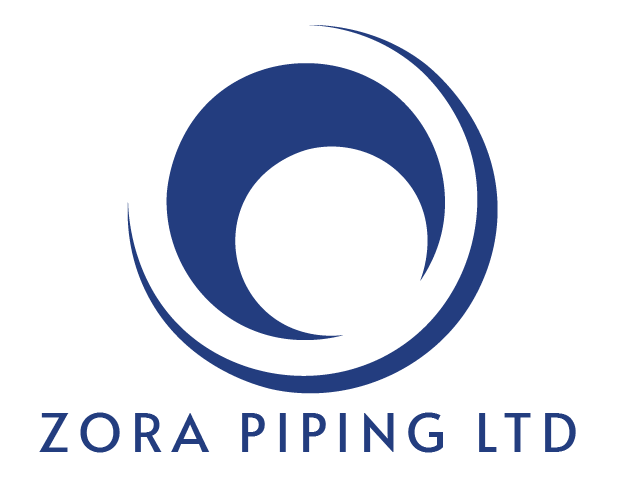WHAT WE DO
PPR (Polypropylene Random Copolymer) Pipes:
PPR pipes are made from polypropylene random copolymer, a type of plastic known for its high heat resistance, chemical resistance, and durability. These pipes can withstand temperatures up to 95°C, making them ideal for hot and cold water supply systems, heating systems like underfloor heating, and industrial fluid transport. PPR pipes have a smooth inner surface, which reduces friction and prevents scaling, ensuring efficient water flow.

They are lightweight, easy to install, and have a long lifespan of up to 50 years. Installation typically involves heat fusion welding, which creates strong, leak-proof connections. Additionally, PPR pipes are environmentally friendly and recyclable, making them a sustainable choice for modern plumbing and infrastructure projects.
- Material: Made from a type of plastic called polypropylene random copolymer.
- Properties:
- High heat resistance (up to 95°C).
- Excellent chemical resistance.
- Low thermal conductivity.
- Smooth inner surface, reducing friction and preventing scaling.
- Applications:
- Hot and cold water supply systems.
- Heating systems (e.g., underfloor heating).
- Industrial fluid transport.
- Advantages:
- Lightweight and easy to install.
- Long lifespan (up to 50 years).
- Environmentally friendly and recyclable.
- Installation: Typically joined using heat fusion welding, ensuring leak-proof connections.
HDPE (High-Density Polyethylene) Pipes:
- Material: Made from high-density polyethylene, a thermoplastic polymer.
- Properties:
- High impact resistance.
- Excellent chemical and corrosion resistance.
- Flexible and durable.
- Resistant to UV radiation (if properly stabilized).
- Applications:
- Water supply and distribution.
- Sewage and drainage systems.
- Gas distribution.
- Irrigation and agricultural systems.
- Advantages:
- Lightweight and easy to handle.
- Resistant to abrasion and biological growth.
- Long service life (50-100 years).
- Can be recycled.
- Installation: Joined using butt fusion, electrofusion, or mechanical fittings, providing strong and reliable connections.
Both PPR and HDPE pipes are widely used in modern plumbing and infrastructure due to their durability, ease of installation, and resistance to various environmental factors.
